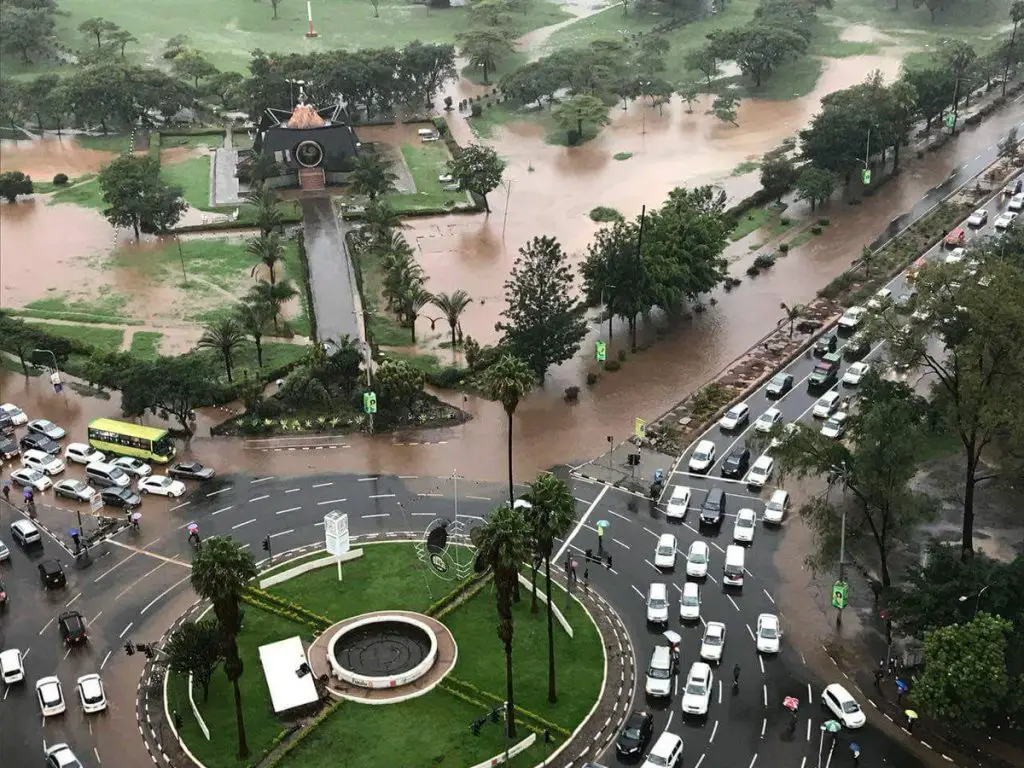- Sub-Saharan Africa is the world’s fastest urbanizing region
- By 2050, 75 per cent of the global population will be living in urban centres
- Migration is significantly contributing to Africa’s urban growth as people move from rural areas
By 2050, 75 per cent of the global population will be living in urban centres with sub-Saharan Africa being the world’s fastest urbanizing region.
This is according to a 2014 report by the United Nations Population Division which projected that most of this urban growth will be concentrated in Africa and Asia.
But, is Africa ready for this growth?
Read: Investment opportunities in Africa’s sanitation, wastewater management
Migration and urbanisation
Migration is significantly contributing to Africa’s urban growth as people move from rural areas in search of better economic opportunities. Some are also fleeing the effects of environmental degradation which has led to lost livelihoods for those who rely on agriculture.
As the economies deteriorate continent-wide, the mass movement of people means that the capacity of urban towns to cater for the increasing demands by migrants is stretched beyond the original plans.
This means that providing employment and access to basic amenities are limited which leads to breakdowns in service provision and delivery.
Kenya, for instance, did not achieve the Millennium Development Goal (MDG) for increasing access to water and sanitation.
As one of the countries that failed to hit this key milestone, a meagre 30 per cent of Kenyans have access to improved sanitation. This percentage means that more than 30 million Kenyans are still using basic types of latrines while almost six million defecate in the open. This number could go higher if numbers of shared facilities are included in the data provided by the World Bank.
To compound the problem further, sanitation in urban areas is further complicated by the connection between water supply, stormwater drainage and solid waste.
Increasing the population means that the structures to provide the services like drainage systems cannot withstand the pressure unless upgrades happen consistently. However, upgrading drainage systems in cities like Nairobi would mean spending millions of dollars since they have been neglected for several decades.
The pressure occasioned by the migration means that these systems will only break leading to a chaotic situation in the city of more than three million people.
Nairobi playing catch up
In April 2019, the county government of Nairobi began the process of unclogging drainage systems in several parts of the city. This was in anticipation of the long rains and the exercise was meant to avert potential disasters including flooding and waterborne diseases.
During the launch of the programme, Governor Mike Sonko said that his administration would not allow those polluting the environment to go scot-free.
“We are going to fully enforce the Nairobi City County Solid Waste Management Act 2015 to ensure we keep our environment clean and safer to avoid clogging of the drainage systems that eventually lead to flooding and disasters,” the governor said.
Read: Unravelling Africa’s unfair Fair Trade mystery
The county had earmarked several areas for the unclogging exercise, among them the informal settlements of Mukuru and Kibera. Other estates that were targeted included Kileleshwa, Highrise estate, Umoja, Eastleigh, South C, South B, Nairobi West, Lang’ata, Eastleigh, Donholm, Roysambu, Kahawa West, Ruai and Utawala.
Uncontrolled developments have also become a sore thumb for the government since they encroach on rivers and other riparian lands which wreak havoc during periods of heavy rains.
Early in December, floodwaters swept away at least six vehicles and a motorcycle in an estate along Nairobi’s Kangundo Road. The area which is majorly swampy also saw several homes submerged. Residents had to move to safety yet development in the affected areas was approved by the government.
While Nairobi is just a small part of the continent, it is used as a benchmark by many other sub-Saharan African cities since it is the East African economic hub.
With the massive failure to control and manage drainage systems where raw sewage is a common sight, could it be that Africa is facing a major crisis with the growing urbanization?
Way forward?
According to the Centre for Strategic and International Studies (CSIS), many governments in Africa are collaborating with international financial institutions to implement projects addressing flood risks and the associated consequences in urban areas. Of particular importance are informal settlements.
“These areas, also referred to as slums are often reliant on non-existent or incompetent risk-reduction services. Incompetent governing bodies or a general failure to incorporate disaster risk reduction into urban planning or land-use policy is to blame for this,” notes CSIS.
The CSIS adds that with current trends, the growth rate of these areas substantially exceeds attempts at urban upgrading.
“Cities and municipalities cannot properly manage urbanization or disaster risk without first containing the expansion of these settlements,” adds CSIS.
As a stop-gap measure to contain the disasters that come with flooding, governments across Africa have to first tame the growth of slums by ensuring that there is adequate infrastructure to support the anticipated growth.
If not, the challenges will only keep getting worse.
Read Also: Turning flood basin into real estate asset in Tanzania
